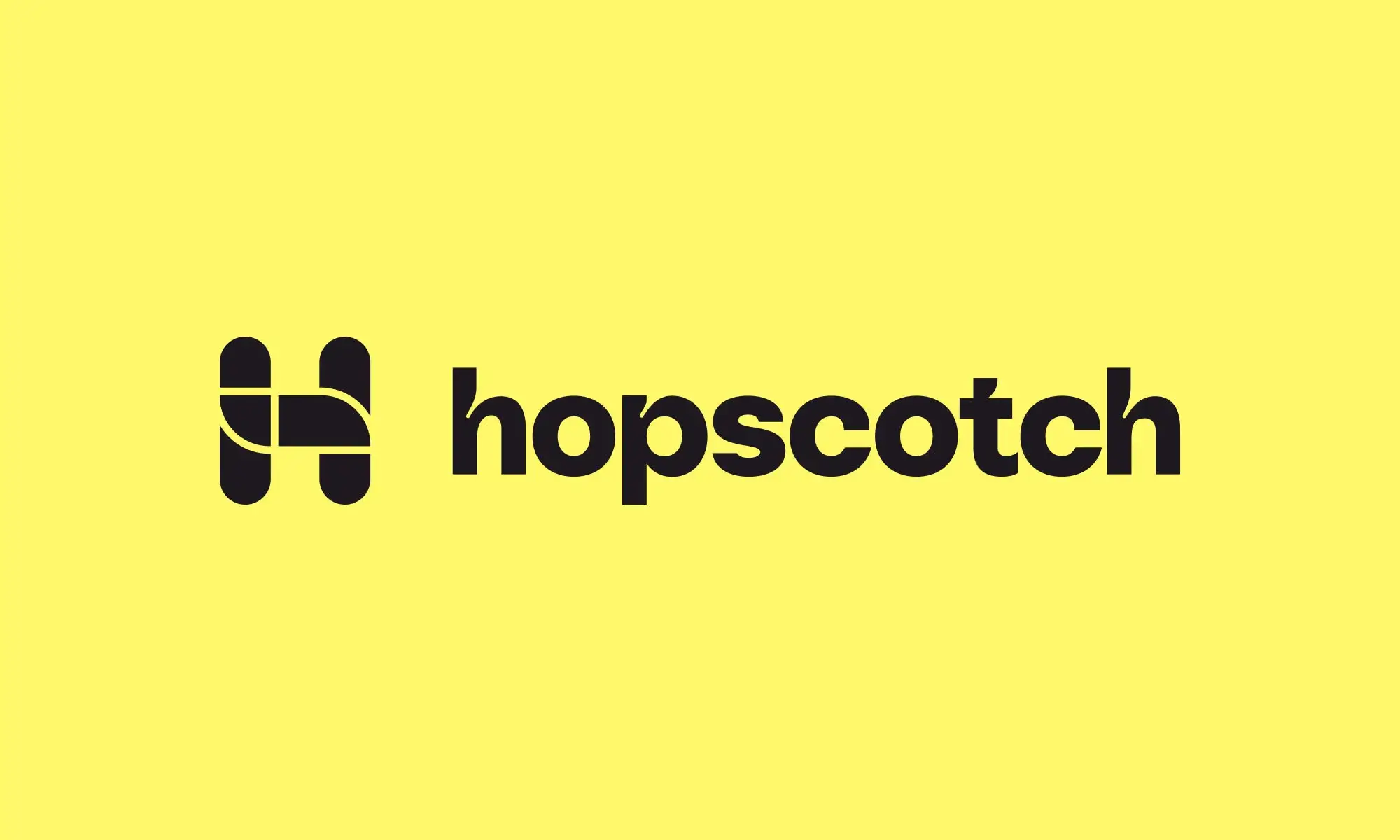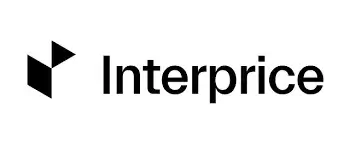Ready to launch your own podcast? Book a strategy call.
Frontlines.io | Where B2B Founders Talk GTM.
Strategic Communications Advisory For Visionary Founders
Conversation
Highlights
How April is Rewriting Tax Software Distribution by Making Enterprise Partnerships Their Secret Weapon
Tax software hasn’t meaningfully evolved in decades. The market remains dominated by a single player, with customer acquisition costs so high that new entrants typically fail before gaining traction. Yet in a recent episode of Category Visionaries, April co-founder Ben Borodach revealed how his team is circumventing this seemingly insurmountable barrier through an innovative B2B2C distribution strategy.
The conventional playbook for challenging TurboTax would involve massive marketing spend to acquire customers directly. But Ben identified a fundamental flaw in this approach: “You’ve got to come with a business innovation that allows you to get distribution in a different way… because to it is just so dominant that they’re going to outspend anybody that’s out there.”
Instead of fighting this losing battle, April developed a radically different distribution model. They position themselves as the independent infrastructure provider for fintech platforms, enabling these companies to offer tax capabilities to their existing customers. As Ben explains, “We can come kind of as that independent player that’s a true infrastructure provider and in return, get distribution for a product that would otherwise be extremely expensive to market.”
This wasn’t just a random pivot – it stemmed from deep analysis of how consumer financial services are evolving. “We’re entering the age where most of financial services are going to be increasingly delivered online,” Ben notes. “And that means that consumers will increasingly expect that what they’re seeing is completely contextual to them.”
April’s team recognized that fintech platforms face increasing pressure to provide comprehensive financial services, including tax capabilities. But partnering with dominant incumbents creates strategic risks. This insight opened a distribution channel that bypasses traditional customer acquisition entirely.
The execution required careful vertical selection. April focuses on three strategic segments where tax integration creates clear value:
- Banking and credit platforms focused on liquidity management
- Investment apps handling life events with tax implications
- Payroll providers dealing with withholdings and compliance
Their recent launch with Gusto demonstrates how this plays out in practice. “We’ve recently launched a very exciting product with Gusto that actually allows an employee on their platform to constantly track their tax situation in real time based on their Gusto payroll data,” Ben shares.
This distribution strategy enables April to solve another key industry pain point: pricing transparency. While incumbents rely heavily on upselling, Ben explains their different approach: “We believe having more of a flat fee model where what you see is what you pay is really the best thing for the consumer. And there’s not a reason why you also can’t have a great business in the process.”
The early results validate this strategy. April has attracted “dozens of companies on the platform” with “hundreds of thousands of users.” Perhaps more tellingly, they’re seeing NPS scores “in the high fifties and sixties” – remarkable for a category traditionally associated with customer frustration.
April’s journey offers valuable lessons for founders facing similar distribution challenges:
- Look for strategic inflection points in how services are delivered to end users
- Find partners whose customer relationships can be enhanced by your solution
- Target verticals where your integration solves clear workflow problems
- Use partnership models to enable differentiated pricing and business models
The broader vision extends beyond just tax filing. As Ben explains: “The big picture for April is that whenever the US taxpayer individual small business is going to transact, they can get complete clarity about the impact to their taxes.”
This case study demonstrates how founders can compete against entrenched incumbents by fundamentally rethinking distribution rather than trying to win through conventional marketing approaches. It’s particularly relevant for startups targeting markets with high customer acquisition costs or dominant incumbents with massive marketing budgets.
The key insight? Sometimes the path to disruption isn’t through better technology or marketing – it’s through reimagining how your solution reaches customers in the first place.
Actionable
Takeaways
Identify Opportunities for Embedding and Bundling:
April's success is built on the insight that embedding tax services within existing finance platforms can provide a more seamless, contextual, and cost-effective experience for users. Founders should look for similar opportunities to bundle and integrate their offerings, rather than trying to build standalone solutions.
Leverage Investor Networks for Early Traction:
Ben and his team relied heavily on their investors' networks and relationships to build trust and credibility with potential customers and partners. By surrounding themselves with respected investors and advisors, they were able to open doors and secure early wins that might otherwise have been out of reach.
Stand for More Than Your Product:
While April's core offering is tax software, the company's brand and mission are centered around enabling better financial outcomes for consumers. By aligning themselves with a broader purpose and value proposition, founders can differentiate themselves in crowded markets and build deeper connections with customers.
Balance Experimentation with Focus:
In the early stages of a startup, it's important to try multiple approaches and give yourself enough shots at success. At the same time, it's crucial to maintain discipline and focus, avoiding the temptation to spread yourself too thin across too many verticals or initiatives. Strike a balance between exploration and execution.
Choose a Co-Founder Who Complements and Challenges You:
Ben attributes much of April's success to his partnership with his co-founder Daniel, who brings complementary skills, shared values, and a willingness to push back and challenge assumptions. Founders should prioritize finding a co-founder who not only fills gaps in their own expertise but also has the emotional intelligence and communication skills to navigate the ups and downs of startup life.

































































































